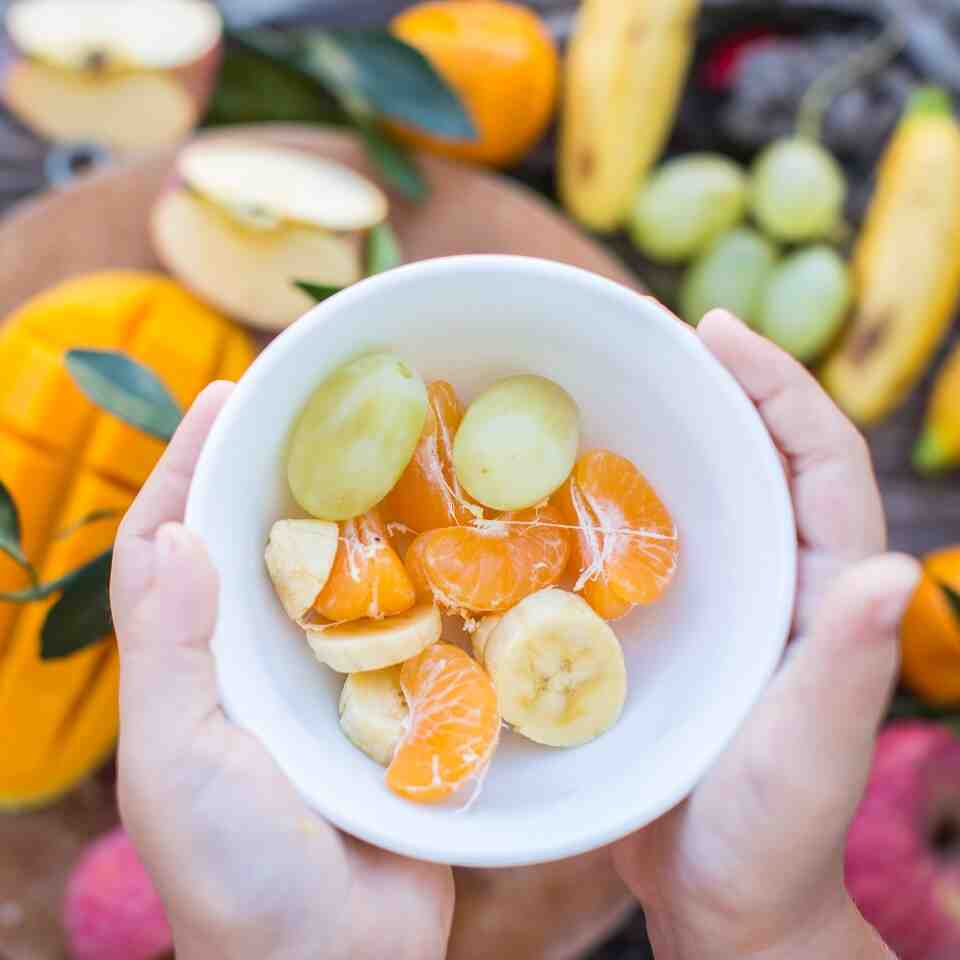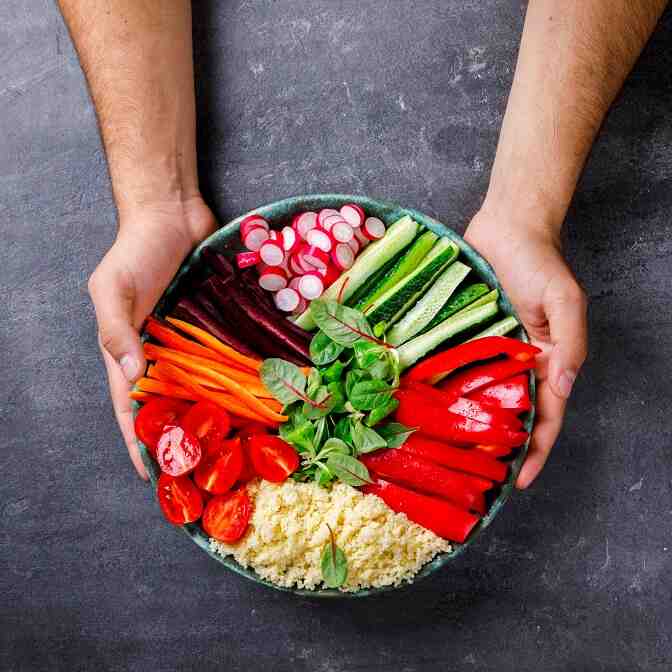Plant-Based Diets for Weight Loss: Benefits and Tips
Adopting a plant-based diet has become increasingly popular, not just for ethical or environmental reasons, but also for its potential health benefits, including weight loss. By focusing on whole, plant-derived foods, you can create a diet that is nutrient-dense, low in calories, and highly satisfying. Whether you aim to shed a few pounds or make a long-term lifestyle change, a plant-based diet can help you achieve your goals in a sustainable way. Here’s a closer look at the benefits of plant-based diets for weight loss and practical tips for getting started.
Benefits of a Plant-Based Diet for Weight Loss
- Low Calorie Density: Plant-based foods like fruits, vegetables, legumes, and whole grains are naturally lower in calories but high in volume. This means you can eat larger portions without consuming too many calories, helping you feel full and satisfied.
- Rich in Fiber: Fiber is a key nutrient for weight loss as it slows digestion, stabilizes blood sugar levels, and keeps you feeling fuller for longer. Most plant-based foods are excellent sources of dietary fiber.
- Improved Nutrient Intake: Plant-based diets are rich in vitamins, minerals, antioxidants, and phytochemicals, which support overall health and can help reduce inflammation and improve metabolism.
- Better Gut Health: The high fiber content of plant-based diets promotes a healthy gut microbiome, which plays a role in weight regulation and overall health.
- Lower in Saturated Fat: By eliminating or reducing animal products, you naturally lower your intake of saturated fat, which can contribute to weight gain when consumed in excess.
- Sustainable Weight Loss: Unlike restrictive diets, plant-based eating is sustainable and adaptable. It encourages a lifestyle change rather than a temporary fix, leading to long-term results.
Key Components of a Plant-Based Diet
A plant-based diet prioritizes whole, minimally processed foods. Here are the main food groups to focus on:
- Fruits: Apples, berries, bananas, oranges, and melons provide natural sweetness and essential nutrients.
- Vegetables: Leafy greens, cruciferous vegetables, and root vegetables are nutrient-dense and versatile.
- Legumes: Lentils, chickpeas, black beans, and peas are rich in protein and fiber.
- Whole Grains: Brown rice, quinoa, oats, and barley offer complex carbohydrates and fiber.
- Nuts and Seeds: Almonds, walnuts, chia seeds, and flaxseeds provide healthy fats and protein.
- Plant-Based Proteins: Tofu, tempeh, seitan, and edamame are excellent meat alternatives.
Tips for Effective Weight Loss on a Plant-Based Diet
- Prioritize Whole Foods: Focus on whole, unprocessed foods rather than plant-based junk foods. Avoid heavily processed options like vegan chips, cookies, and mock meats high in sodium and unhealthy fats.
- Watch Portion Sizes: While plant-based foods are generally lower in calories, it’s still possible to overeat. Be mindful of portion sizes, especially for calorie-dense foods like nuts, seeds, and avocados.
- Balance Your Meals: Aim for a balance of macronutrients (carbohydrates, proteins, and fats) at each meal. For example, pair whole grains with legumes and a healthy fat source for a satisfying and nutritious meal.
- Plan Ahead: Meal prepping and planning can help you stick to your plant-based diet. Prepare staples like cooked grains, roasted vegetables, and legumes in advance to simplify meal preparation.
- Incorporate Protein-Rich Foods: Ensure you’re getting enough protein from sources like lentils, tofu, tempeh, and quinoa to support muscle health and keep you full.
- Stay Hydrated: Drinking enough water is essential for overall health and can help control appetite. Herbal teas and infused water are great plant-based options.
- Experiment with Recipes: Explore plant-based recipes to keep your meals exciting. Try dishes like lentil curries, quinoa salads, or vegetable stir-fries.
Sample Plant-Based Meal Plan for Weight Loss
Breakfast:
- Overnight oats made with almond milk, chia seeds, and fresh berries.
- A green smoothie with spinach, banana, frozen mango, and a scoop of plant-based protein powder.
Snack:
- Carrot sticks with hummus.
- A handful of almonds and a piece of fruit.
Lunch:
- Quinoa salad with chickpeas, cucumber, cherry tomatoes, and a lemon-tahini dressing.
- A vegetable soup with lentils and whole-grain bread.
Snack:
- Sliced apple with almond butter.
- A small bowl of edamame.
Dinner:
- Stir-fried tofu with mixed vegetables and brown rice.
- A baked sweet potato topped with black beans, avocado, and salsa.
Dessert:
- A small bowl of fresh fruit salad.
- Dark chocolate (70% cocoa or higher) in moderation.
Overcoming Challenges
Challenge: Difficulty getting enough protein.
Solution: Incorporate high-protein plant-based foods like lentils, tofu, tempeh, and seitan into every meal.
Challenge: Cravings for non-plant-based foods.
Solution: Experiment with plant-based alternatives and seasonings to replicate the flavors and textures you miss.
Challenge: Lack of variety.
Solution: Explore cuisines that emphasize plant-based dishes, such as Indian, Mediterranean, or Middle Eastern foods.
The Bottom Line
A plant-based diet can be an effective and sustainable approach to weight loss. By focusing on whole, nutrient-dense foods and maintaining a balanced intake of macronutrients, you can achieve your health and fitness goals while enjoying a wide variety of delicious meals. Remember, consistency and planning are key to long-term success. Start small, make gradual changes, and enjoy the journey to a healthier, plant-powered lifestyle.






